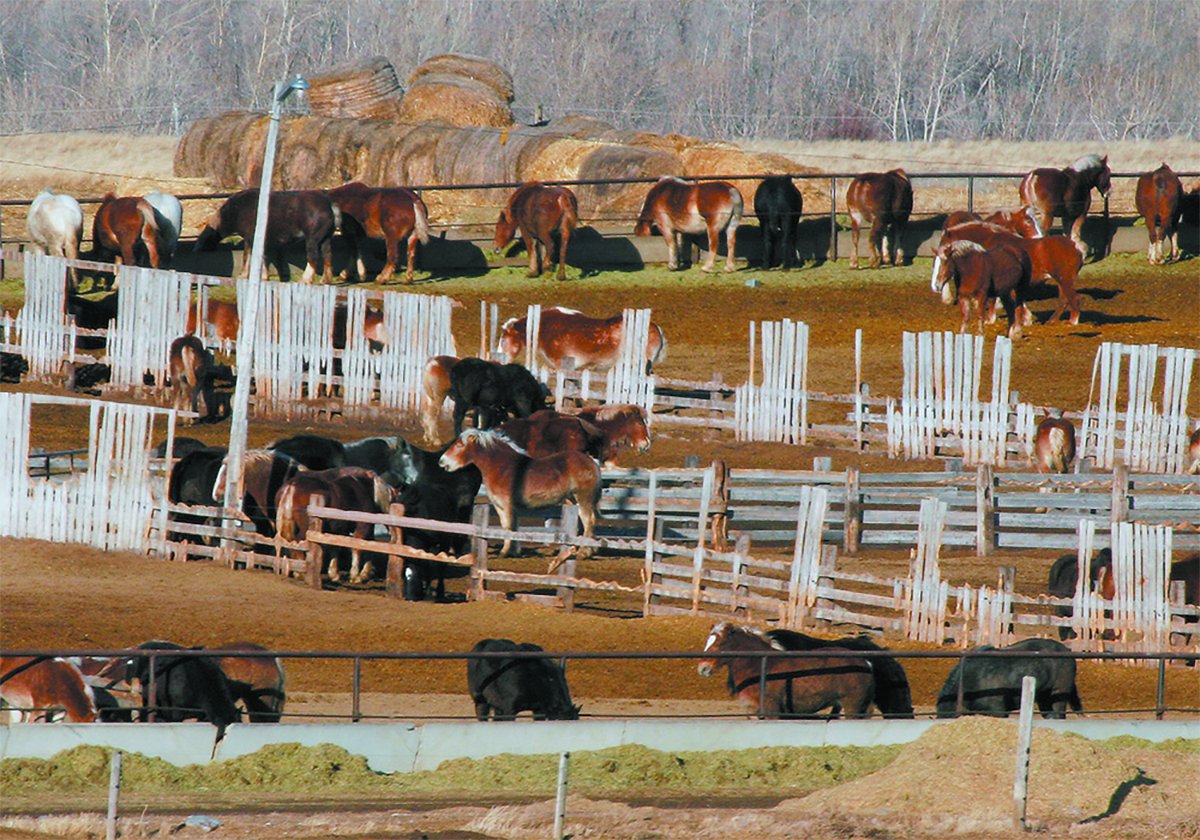New legislation that sets uniform standards for intensive livestock operations in Alberta has been recommended.
The recommendations are based on public comment compiled by a government-appointed advisory group representing public health, agriculture and municipalities.
If these recommendations go forward the municipalities will continue to approve land-use decisions and provide building permits. The province will be in charge of “pollution issues,” said Wayne Inkpen of Alberta Agriculture.
Alberta’s livestock industry has expanded rapidly. Public concerns about the growth and waste coming from intensive operations like feedlots and hog barns prompted the government to respond with promises of regulations that keep the industry clean.
Read Also

Canada’s slaughter horse industry lacks transparency
The lack of clear reporting and public access to data keeps the industry largely hidden, leaving questions about humane treatment and traceability unanswered.
In addition to legislation, a standards document needs to be developed. It would contain a list of what must be done to build, expand or maintain an intensive livestock operation.
Some deleted
The code of practice for the safe handling of manure will no longer exist in its present form.
“The code will find its way under a standards document. The standard document will have a regulatory end and it will have to be followed by the operations its applies to,” said Inkpen.
A number of municipalities already incorporated the code of practice for safe manure handling into their land-use bylaws. The code helped them define how far these farms must be located from neighbors and set construction recommendations for barns and lagoons to avoid pollution.
The new document would set requirements for earthen manure storage lagoons, temporary manure storage sites, transporting manure and application, manure management, as well as the construction of confined feeding
facilities.
Other recommendations include looking at existing operations to ensure they are not polluting the environment. The advisory group recommended that Alberta Agriculture administer legislation and work with Alberta Environment and Alberta Health.
The public is invited to respond to the recommendations by Feb. 5.

















